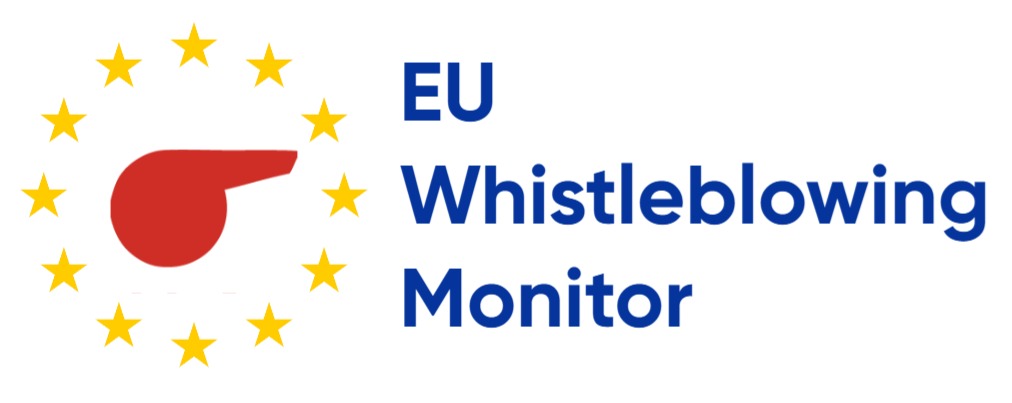Source: strategy.bg
Following public consultation on a draft law to transpose the EU Directive into Bulgarian national law, the Ministry of Justice has published the opinions submitted on the proposal – including submissions from the Supreme Bar Council, a law firm and two NGOs working in the area of law/judicial issues. Various aspects of the proposed framework were analysed by the various interested parties, including:
Material scope: Whether the protection afforded by the new law should be limited to the areas set in the Directive (breaches of Union law only) or expanded to protect reports of all matters of public interest.
Three of the four submissions were in favour of expanding the material scope with various propositions as to the approach, including additional specific sectors considered high risk of harm to potential wrongdoing; protecting persons who report any action or inaction which is defined in either the EU or national legislation as ‘illegal’ or an ‘irregularity.’ Another, in line with NGO TI-Bulgaria is that protection should be afforded of any person reporting any public interest information.
Arguments against broadening of the material scope appeared motivated by concern for the assumed potential for a higher administrative burden faced by the private sector if obligated to handle a wider range of reports than the minimum requirement of the Directive.
Competent authorities: Which institutions should establish and maintain external whistleblowing reports and which should be conferred additional powers to impose sanctions for noncompliance.
Opinion is divided whether there should be a single centralised competent authority (CA) or multiple nominated bodies as is the approach in Ireland and Sweden. All respondents were in agreement that CA’s should be independent and provided with adequate resources.
Internal reporting. Whether private sector entities with less than 50 employees should be obliged to maintain reporting mechanisms (not required under Annex Part I B and Part II of the Directive.)
Only one submission (of the Supreme Bar Council) discusses the broadening of the range of public and private organisations who should be obliged to maintain internal reporting channels. Their proposition is to extend the obligation overall public entities and private companies operating in sectors that are deemed high risk such as those which affect market competition, such as utilities (water, electricity etc.)
Anonymous reporting. Whether it should be accepted and under what conditions.
The issue of facilitating anonymous reports provokes debate and strongly divided opinion in Bulgaria and the submissions reflect this. Lacking trust and confidence in public authorities and fears of retaliation for reporting are cited as reasons to accept anonymous reports whilst fears the system could be abused by those with bad faith motives are seen as reasons not to.
Protection measures.
All submissions discuss the basic requirements of the Directive for protection measures without specifying how these should be implemented in practice. The only exception is the opinion of the Supreme Bar Council which outlines some legal measures. Without detailed provisions indicating how protection will work in practice, the framework may lack legal certainty which may undermine the spirit of the law to encourage whistleblowers to come forward.
